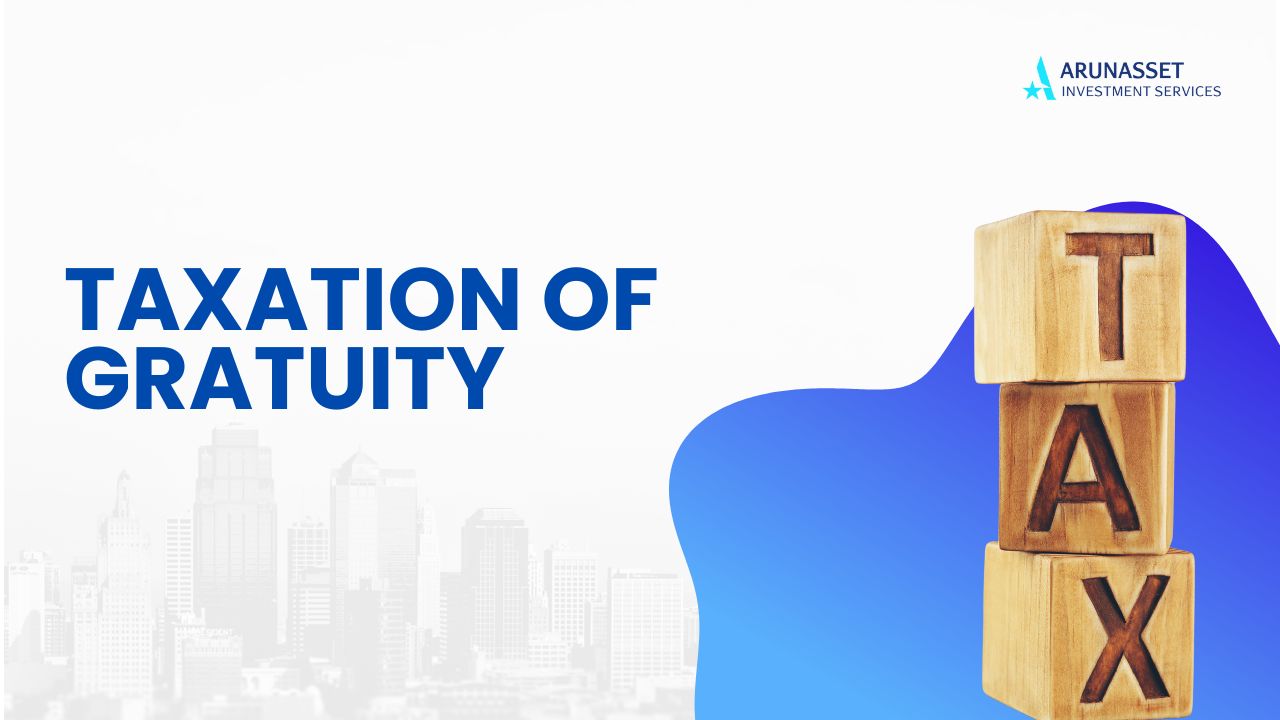What is Gratuity?
Gratuity is a statutory benefit given to employees as a token of appreciation for their long-term service to an organization. Introduced by the Indian government under the Payment of Gratuity Act 1972, gratuity is a lump sum payment made to employees when they retire, resign, or are terminated after having worked for the same employer for a period of 5 years or more. The amount is calculated based on the employee’s last drawn salary and the number of years they have worked with the company. Before the Payment of Gratuity Act, 1972, there was no formal mechanism for gratuity payments, making this law a significant milestone in employee welfare.
Who is Covered Under the Gratuity Payment Act, 1972?

The Gratuity Payment Act applies to all establishments with 10 or more employees. These include businesses in various sectors like factories, mines, plantations, ports, railways, and shops. This means that any organization with 10 or more employees must pay gratuity to eligible employees who meet the specified service requirements.
Eligibility Criteria for Gratuity in India
To be eligible for gratuity, an employee must meet the following conditions:
- Minimum Service Requirement: The employee must have completed at least five continuous years of service with the same employer. This service could include working through events such as retirement, resignation, or termination.
- Employee Strength: Gratuity applies only to organizations with 10 or more employees.
- Qualifying Events: Employees are eligible for gratuity under the following circumstances:
- Retirement
- Resignation
- Voluntary Retirement Scheme (VRS)
- Layoff
- Termination
- Disability due to an accident or illness
- Death (in this case, the gratuity is paid to the nominee)
Situations Where Gratuity May Not Be Paid
Even if an employee meets the basic eligibility criteria, there are some exceptions where gratuity may be withheld. Common reasons for forfeiture of gratuity include:
- Misconduct: If an employee is found guilty of corruption, theft, or violent acts, gratuity may be withheld.
- Negligence: If an employee’s actions cause damage to company property, the employer may deduct the cost from the gratuity amount.
How is Gratuity Calculated?
The Payment of Gratuity Act, 1972 specifies the formula for calculating gratuity based on the employee’s length of service and their last drawn basic salary.
Gratuity Formula for Employees Covered Under the Act
For organizations covered under the Gratuity Payment Act, the calculation formula is:
Gratuity (G) = N × B × (15/26)
Where:
- N = Number of years of continuous service in the organization
- B = Last drawn basic salary
The 15/26 factor is used because it assumes that a month consists of 26 working days.
Gratuity Formula for Employees Not Covered Under the Act
If the organization is not covered under the Gratuity Payment Act (i.e., has fewer than 10 employees), the calculation formula changes slightly:
Gratuity (G) = N × B × (15/30)
Here, the divisor is 30, representing a standard 30-day month, instead of 26 working days.
Example Calculations
Example 1:
Mr. Lokesh worked for ZYC Corporation, which has over 20 employees. He resigned after working for 5 years and 4 months. His last drawn basic salary was ₹90,000.
Gratuity = 5 × 90,000 × (15/26) = ₹2,59,615 (rounded to ₹2.60 lakh)
In this case, the service period of 5 years and 4 months is rounded off to 5 years.
Example 2:
Mr. Sanith worked for XYZ Pvt Ltd, a company not covered by the Gratuity Act, for 9 years and 8 months. His basic salary was ₹1,00,000 per month.
Gratuity = 10 × 100,000 × (15/30) = ₹5,00,000
Here, the service period of 9 years and 8 months is rounded up to 10 years for gratuity calculation.
Taxation of Gratuity

Gratuity is tax-exempt in certain cases. The Income Tax Act provides the following tax exemptions for gratuity payments:
- Tax-Free Gratuity:
- Gratuity payments received by central and state government employees, employees of the defense forces, and municipal employees are fully exempt from tax.
- Employees who receive gratuity up to ₹20 lakh are also exempt from tax, provided the proper documentation (like Form 10E) is filed with the Income Tax Return.
- Taxable Gratuity:
- If the total gratuity received by an employee exceeds ₹20 lakh during their lifetime, the amount beyond ₹20 lakh is taxable based on the applicable income tax slab rates.
- If gratuity is received by the nominee of a deceased employee, the amount is taxed under the head Income from Other Sources.

